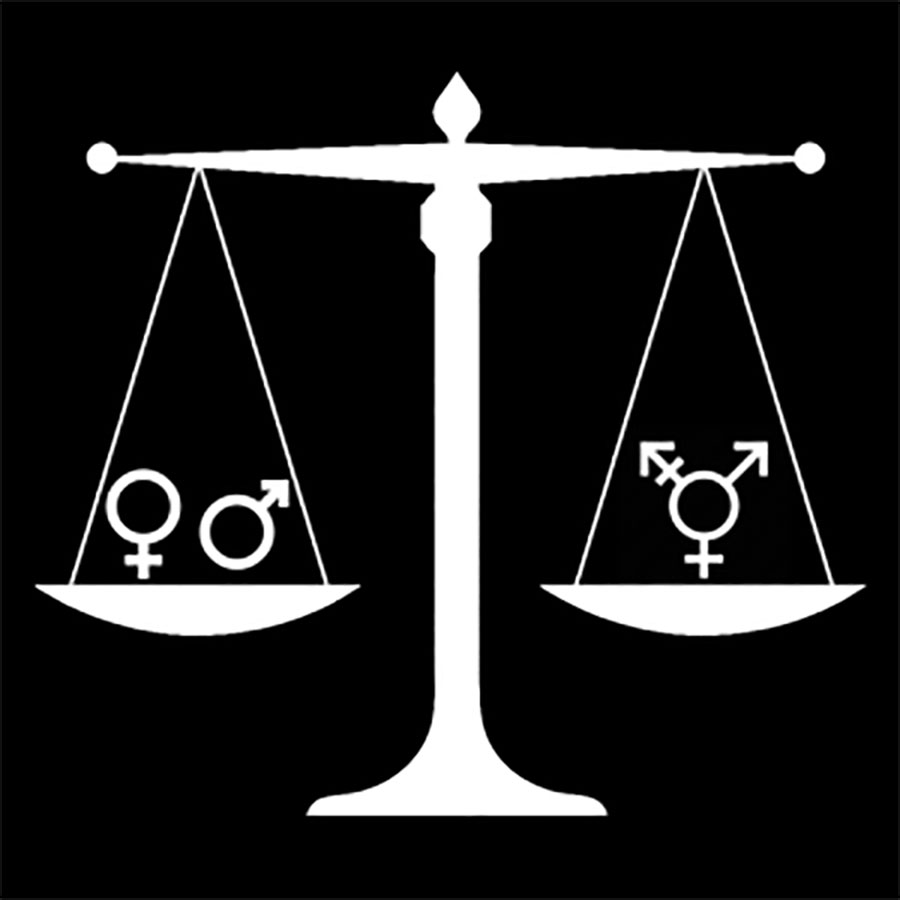Barring transgender athletes from high school sports solves a problem that doesn’t exist
The conversation of what best constitutes equality and fairness in sports regarding transgender participation is a complicated issue. How society navigates this period of time will prove to be one of the most defining moments in our quest for a more equal and just society.
May 4, 2021
In recent months, the topic of transgender athletes competing in sports has encroached further and further into the national debate. This has been due to a flood of legislation that has come across various state governors’ desks banning transgender athletes from competing in sports based on their gender identity. Most recently, West Virginia became the latest state to sign such a bill into law on Wednesday, April 28, joining states such as Arkansas, Mississippi, South Dakota and Tennessee. Texas itself has a similar bill currently sitting in the Texas House, known as Senate Bill 29, that is targeted at student athletes, barring them from competing on their schools’ teams based on their gender identity.
The issue of transgender athletes in sports is a complicated one. On one hand, you want to respect the fairness of the game, and, at least in the case of transgender female athletes, some argue that they are going to possess an implicit advantage in size or strength. On the other hand, to deny a subset of athletes the opportunity to compete using their true gender identity just is simply not right.
Many that voice their support for these bills politically are taking the stance that they are protecting women’s sports from the encroachment of transgender individuals. They insist that there are men out there that would change their gender identification purely to move into women’s sports so they could dominate the competition. This is nothing but a scare tactic. Across the country, when asked to present examples of such events occurring, the champions of these bills cannot come up with any. This hypothetical scenario is a boogieman; people are not transgender, so they can dominate in high school sports; they choose to walk that very challenging path so they can be who they truly are.
The question of fairness, however, despite being used by these politicians to justify their discrimination against transgender individuals, is a reasonable question to consider. While not as big of an issue with transgender male athletes, transgender female athletes present certain talking points that deserve consideration. In most cases, these athletes will have at some point in their life benefited from development that we more commonly associate with males and are likely to have a physical advantage over their peers in women’s sports. So, is this fair to the girls that may have to go up against people with a distinct physical advantage? That’s a hard question to answer because sports is partially about competition. Is it really fair to compete against someone that is going to have a distinct advantage over you just through biology? Are gender advantages really any different than the advantages granted by genes for height and speed?
Bottom line, these bills are not designed to truly safeguard women’s sports because it is not actually a problem. The only reason bills such as these are even introduced in various legislatures right now is because they give politicians excuses to target a group of people they have long sought to discriminate against. They have rarely cared about women’s sports up to this point, so the justification of barring transgender athletes to protect women’s sports ends up ringing rather hollow. If this were a widespread issue with numerous cases of people undergoing transition to compete as another gender, purely for competitive advantage, then there should absolutely be consequences, just like penalties for falsifying birth certificates to compete outside your age group. That is not what is happening here, though. There are simply no examples of such behavior and it sounds ludicrous to anyone who understands the immense personal toll of transition. To bar these people from sports and deny them a part of their identity, essentially forcing them to play in a division consisting of their assigned gender without offering an alternative, is just morally wrong. We all know that sports offer important life skills, camaraderie and personal fulfillment that ALL people deserve to enjoy and benefit from. Especially at the high school level, all athletes should have equal opportunity to participate without denying who they are.
This is a complicated situation to ponder, but it is not an issue that is exactly begging to be tackled through legislation at this moment. What cannot and absolutely should not happen is to force these athletes to compete as a gender assigned by others or exclude them altogether. It is important to remember that this situation does impact non-trans athletes as well. As in many other societal advances, there will be growing pains as we all learn to integrate new understandings and find ways for every athlete to participate as their authentic self in sports to the best of their abilities.







